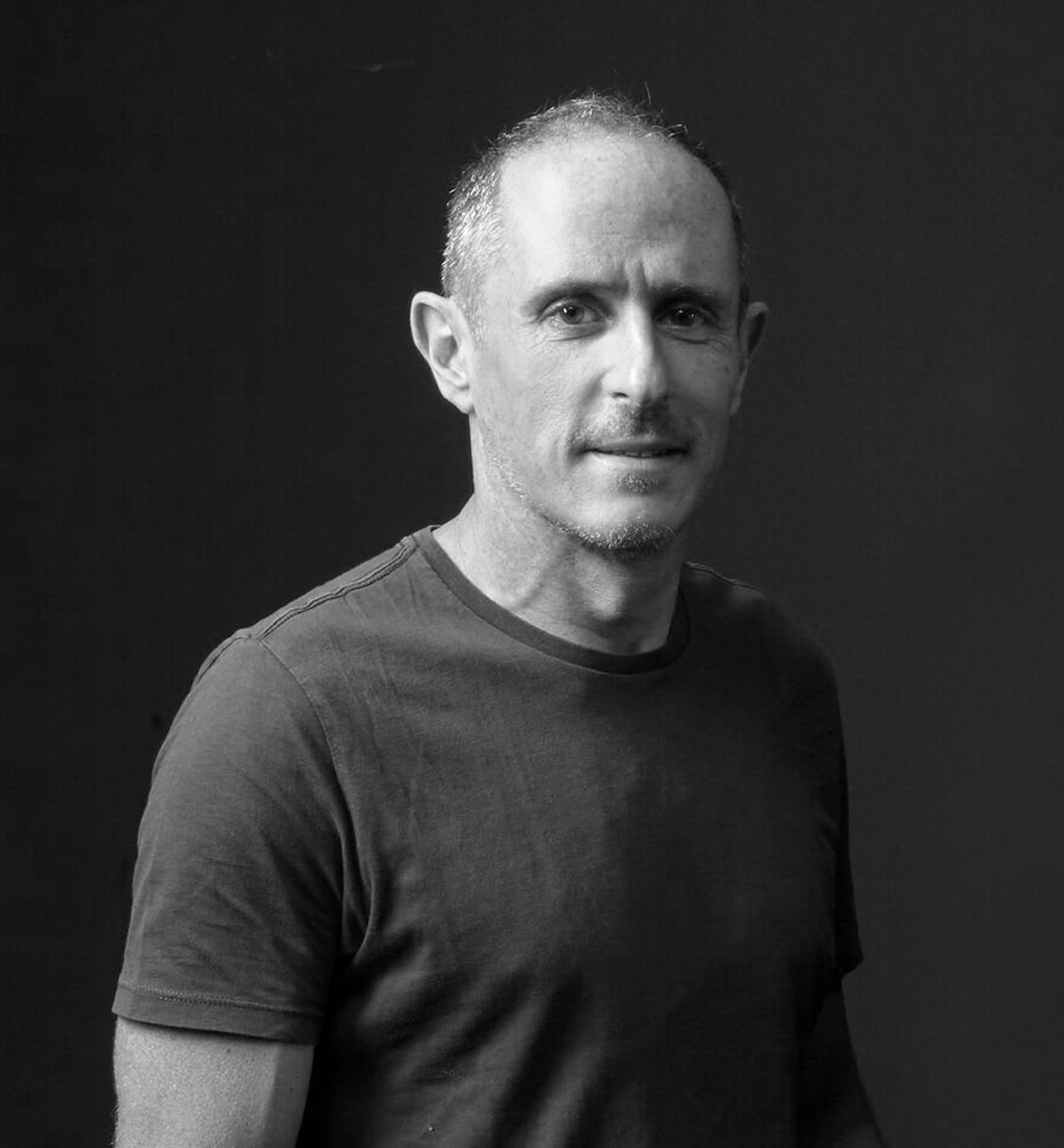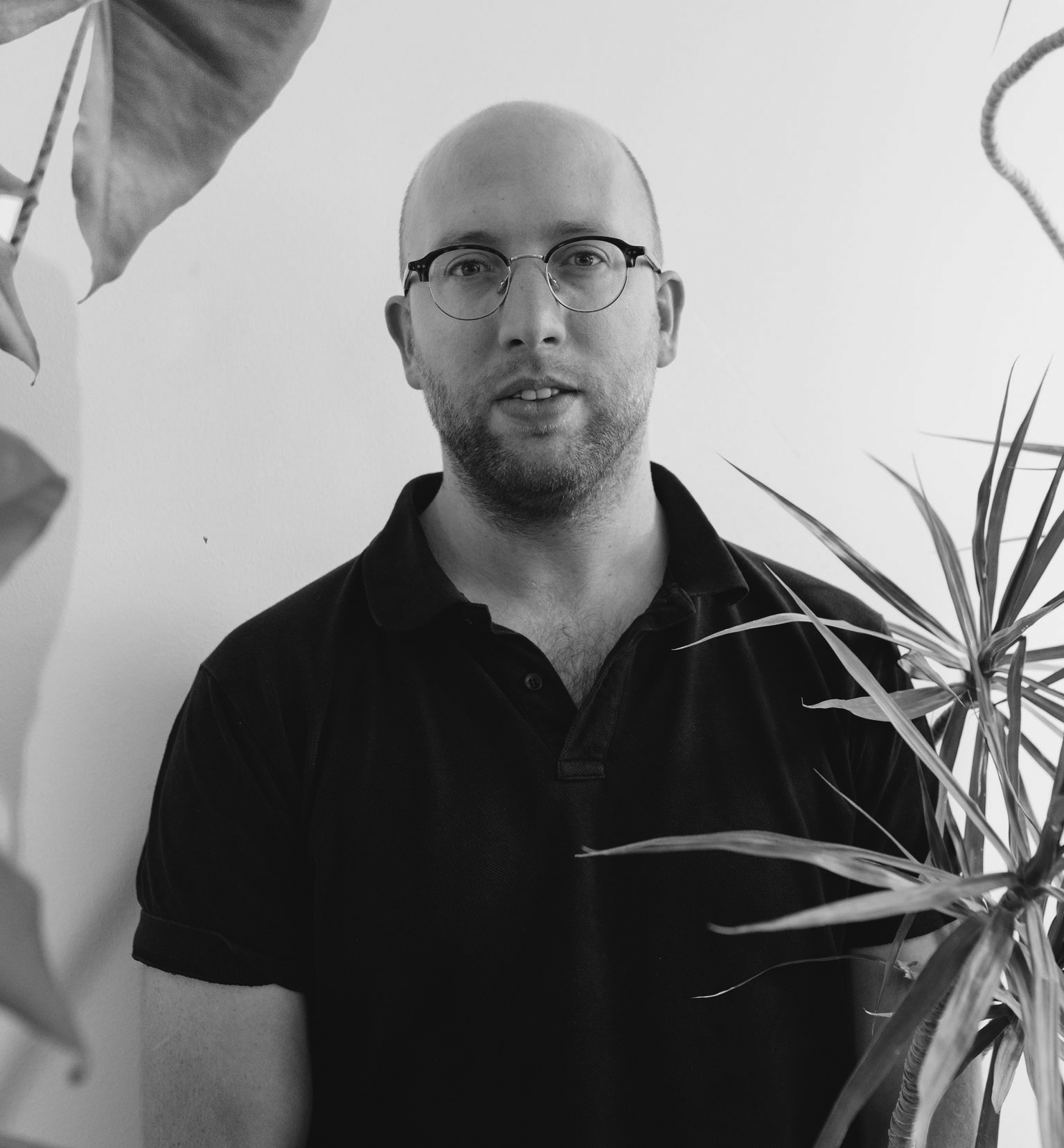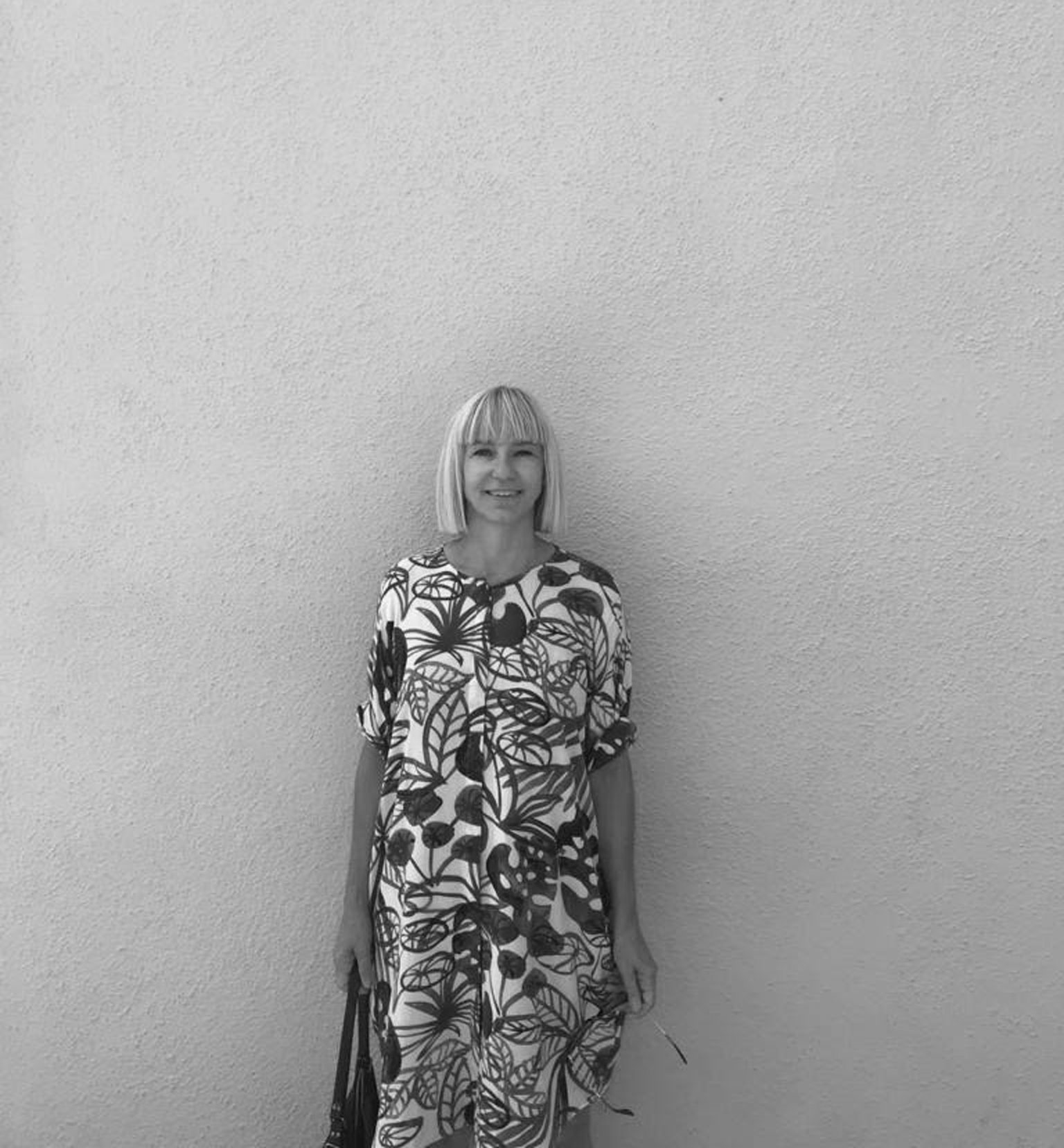The Future of Music Festivals
In collaboration with Zorlu PSM and IKSV, Future Tellers Dialogue series aim to bring together creative industry professionals on online platforms under the theme of “Social Transformation and Creative Industries” in this period when we are questioning our old life, transforming our perspectives and are constantly online.
Location
Digilogue Zoom & Zorlu PSM Youtube
Date
24 September 2020
Tags
Covid-19, which fell like a lightning in 2020 and shook the dynamics of many sectors, undoubtedly affected the culture and arts industry deeply. With its anti-depressant role in digital media during the pandemic period; the culture and arts industry, whose social benefit effect was prominent but whose physical spaces were almost put into hibernation with the speed of light, has entered a deep “restructuring” period with the problems it has faced throughout the pandemic, the dialogues it has established, the digital channels it has become familiar with and the solutions it has produced.
The Future Tellers dialogue series organized in cooperation with Zorlu PSM, Digilogue and İKSV aims to create a transparent dialogue space by bringing professionals together in the webinars organized under the title of “Social Transformation and Creative Industries”, to bring together actors in the creative industries, to open space for humanitarian dialogues among institutions and to knit support networks. In the webinar series, which was kicked off on August 20 and will continue until the end of September, international actors will also participate in the dialogue in addition to local institutions and actors in the culture and arts industry. You can send your questions, comments and suggestions to the Digilogue team by sharing them during the webinar and throughout the process via info@digilogue.com and contribute to the shaping of collective knowledge.
What kind of a catalyst does the shared experience of simultaneously affected communities create for new learning processes? How are creative industries, culture and arts domains and social behavior shaped in relation to one another? and a number of similar questions will be elaborated by the Future Tellers, which was organized at Zorlu PSM in 2017 for the first time as a summit and addressed the impact of technology on humanitarian values, the gains from the race and the synergy between the technology and the humanity on the axis of various disciplines such as artificial intelligence, architecture, science, technology and ethics.
The fourth session of the Future Tellers webinar series on the Music Festivals in the World of Future was moderated by Aziz Fırat Acar from Zorlu PSM on September 24, between 17:00-18:00 with the participation of Sonar Barcelona Founding Partner Enric Palau, Le Guess Who? Producer Gijs Cals, Decked-Out Festival representative Martje Kremers, Loveland Events Recruitment Manager Robert Deutsch and Extrema Festival founder Uğur Akkuş. The session was simultaneously interpreted into sign language by Berrak Firat.
The fourth session of Future Tellers addresses how the Covid-19 pandemic and the new world it has created have affected the festivals and live music performances as well as the perspective of the international art scene for the new normal festivals and their future plans. Guests from all over Europe who participated in the webinar, have encountered extraordinary developments since March 2020, just like the other players in the industry. Festivals were postponed or canceled with tens of confirmed shows and thousands of tickets sold. Artists suspended their tours, and suppliers suffered greatly due to the major investments they have made.
Even though the pandemic has forced many institutions in the live music industry to close their doors and freeze their events, this extraordinary situation creates a space for rethinking the nature of the business. Is the live music industry, especially festivals, faced with two different options such as adapting by moving away from their traditional standards or disappearing? While factors such as the constantly changing laws on public health, capacity constraints and lack of financial support to cover last-minute/sudden cancellations place festival organization in the high risk group in the traditional sense; virtual festivals are preferred by many institutions due to their low cost applicability. But what dangers do this preference and digitalization pose for the festival notion?
While some institutions that choose to come to terms with the pandemic conditions in the new normal offer new formats and experimental experiences such as virtual festivals, digital conferences, live broadcast programs and digital world tours; others reject this new normal and choose to come back with a bigger and better event, hoping everything will return to the old normal in 2021. Behind the rejection of the new normal are motivations such as preserving the unique nature of the festival and the unique experience it offers for the participants, solidarity with all the links and stakeholders of the festival economy, and rebellion against the government’s marginalization of the live music industry.
Taking 2020 as day zero; the webinar questions the challenges and the festival experience awaiting the live music industry in 2020 and beyond.
Panelists
Enric Palau
Co-Creator
Co-director and co-owner of Advanced Music, the company behind Sónar, andhead of the programming area of the festival. A musicianclosely involved intechnology and the experimental. Together with his partners, Sergio Caballero andRicard Robles, creates Sonar in 1994. The festival, born as “Festival of AdvancedMusic and Multimedia Arts” in Barcelona, becomes worldwide reknown foritselectronic and new media focus. Attracting more the 80,000 festival goers everyyear in June, Sónar is now considered the “meeting point” for electronic culture andhas expanded its events beyond the Spanish borders


Gijs Cals
Producer
Le Guess Who? is a city-wide celebration of global sounds and musical boundary-crossing. The 14th edition of the festival was set to take place mid-November 2020. Gijs Cals worked as a European booking agent and promoter with Sedate Bookings for a great variety of artists for roughly 15 years. With a never letting down enthusiasm and perseverance working to build the best careers for the artists on the roster and on the festival.
Martje Kremers
Booking Agent
Martje is an agent at Decked Out! booking agency, which is the electronic dance division ofPrimary Talent International.She represents DJ and live artists such as Justice, Dave Clarke, Erol Alkan, Boys Noize, LaFleur and Vitalic. Martje is originally from the Netherlands, but has lived in London, England for many years now.


Robert Deutsch
Head of Talent
Robert Deutsch is the co-founder and director Gem Bookings (agency) / Gem Records (label),since its inception over a decade ago. In 2014, he also became the co-founder and director buying at Loveland Events, one of the original big dance promoters of the Netherlands, responsible for events such as Loveland Festival, Music On Festival, 909 Festival, Dynamic Festival, as well as many yearly ADE events (Circoloco, Paradise, Afterlife, ENTER, etc.
Video
When will the festival habits come back after Covid-19? How much will changing user experiences affect festivals?
Weather Forecast: What is the sky like for the live music industry in pandemic climate?
With the organization of Sonar Istanbul that took place in March; the last Sonar activity in the old normal took place without anyone noticing and afterwards, all of Sonar’s activities froze with the reality of the epidemic. In addition to being one of the most prestigious festivals in the world, Sonar Barcelona offers multidisciplinary experiences and its 2020 events have been canceled and moved to 2021. The team first starts to evaluate different possibilities, while talking about postponing the event to autumn and organizing it in different ways in different venues and then the event is completely canceled with the government taking a more definite stance against the pandemic in Spain and everything becomes rather crystal clear.
Only 30% of the ticket sales for the festival that could not be held in 2020 are refunded upon request, and the remaining 70% agree to use their tickets in the festival in 2021. In addition to the bond of trust between the community and the festival, another reason why people prefer to keep their tickets is that Sonar Barcelona is able to carry 70% of its program from 2020 to next year. Thus, those who have bought tickets to see The Chemical Brothers, one of the leading acts of the canceled festival, will have the opportunity to watch the same artist perform the next year with the same ticket.
Constructing the festival in 2021 is also based on trust. All the re-arranged artists and festival organizers work on the principle of trust in each other in an environment where the rules that can change every second are uncertain.
Even though Sonar Barcelona has the chance to protect the majority of ticket revenues, with the pandemic, the entire source of income suddenly disappears, working hours are reduced and unfortunately some employees have been laid off. The festival starts conversations with local authorities to raise funds for the economic hardships it faces, and banks to withdraw loans. Finally, a new organization with a hybrid approach is designed for Sonar and Sonar + D in September.
Like Sonar Barcelona, the Loveland Festival, organized in the Netherlands, prefers to organize its 2020 events one year later. The festival team, who considers this change as a delay rather than a cancellation, calls all the artists and mentions the possibility to move the festival to the next year and manages to protect the Loveland 2020 program by 100% for 2021. In this way, 80% of those who have already bought their tickets for the 2020 festival do not request a refund. Simultaneous cancellation and postponement of festivals creates a competitive environment in Amsterdam; in March, when there was a heavy telephone traffic, there was almost a booking war among institutions, yet at the same time, there was also a supportive and soft second climate where everyone called each other and asked one another how they were doing. Loveland Festival runs a few free streams on Facebook to be remembered on the days when events which have been cancelled are scheduled to happen.
Another example from the Netherlands, Le Guess Who Festival, is very lucky because the pandemic reality is encountered when the investments made for the festival are still in a very early phase and the event is quickly canceled. The website of Le Guess Who, which receives a number of funds from national and local government, also features a donation button for the local community that wants to donate. The goal of the institution is to survive, continue its existence for now and organize the festival again next year. Furthermore; some surprise events that have not yet been announced will be held to replace the festival, which would normally be held in November.
The experience of Martje Kremers, one of the agents of Primary Talent International, sheds light on a completely different dimension of the business. Kremers, who switched to work from home for 6 weeks on 15th March and postponed everything to autumn, realizes that this is not possible in time and as a result of a second wave of awareness, all of the events organized by Kremers are either canceled or postponed. Primary Talent International, which merged with the American company ICM Partners a couple of months before the pandemic, continues to survive the pandemic process for now with the financial support from its new partner, but is making some forced layoffs and is giving many employees unpaid leave because they cannot pay salaries.
Artists who spend their lives touring the world first consider the pandemic stopping everything as an opportunity to rest without having to miss anything, but as the quarantine is prolonged, they enter their studios and continue their musical productions in different ways. Since some artists cannot organize events, they try to replace the lost income by organizing workshops or selling merchandise of their brands.
Uğur Akkuş, who connected from Belgium, the founder of the Extrema Festival, agent and organizer, draws attention to the invisible rings in the festival economy. Popular and big events and artists can survive this period with slight wounds, but for small events and less-known artists, the pandemic has deadly effects. For many artists who have just started to shine in their career and have been in a boost phase, the pandemic period creates an existential crisis in which they question whether they will be able to return to the work profile they left, whether they will be forgotten, and the success they were about to capture. Behind these negative thoughts is the fact that event organizers go for guaranteed choices and opt for big mainstream names during the pandemic.
Akkuş explains that the Extrema Festival, which has a large local audience in Belgium, was affected by the pandemic and lost some income, but the biggest damage was brought to the suppliers- the lifeblood of the festival.
The 5-6 big companies that are the suppliers that build the festivals have already made many purchases for the festivals to be organized at the beginning of the year, and the absence of these festivals in the summer means a serious loss for these companies. So much so that most of these suppliers are in danger of going under in the initial months of 2021 if they do not compensate the expenses arising from these large investments with a source of income such as government support.
If and when the suppliers are erased from the market; this means the loss of partners who will build festivals and provide logistical support, as well as the loss of valuable partners who will produce know-how together in the live music industry, nightlife and festival business. With Covid-19 revealing the vulnerabilities of the industry, many people working in the supply chain switch to sectors such as the construction sector, perhaps not to ever return to the entertainment sector, in order to survive and have a more stable income. The brain drain of the people who built the entertainment industry and contributed to the production of common values with their know-how, on the other hand, isolates the live music industry in itself.
Live Music and Potato Farmer: Where does the economic dimension of the festivals touch?
The entertainment and live music industries, which normally represent a lively source of income for the country’s economy, are considered to be a direct threat to public health in the pandemic and become one of the first sectors whose existence is discarded by the authorities. Enric Palau thinks that as the live music industry in Spain, they are not a priority for the government; on the contrary, their industry is used by the government as a tool to make the public feel guilty and terrorize the public. In the public spots prepared by the Ministry of Health in Spain, images of festivals and nightclubs are associated with the images of danger and threat; creating the image that the entertainment industry endangers public health during the pandemic. When everything returns to normal, will people be biased towards nightlife and crowded concerts as a result of these campaigns?
Beyond prejudice and fear, will people have money to participate in these events? For a country- such as Spain- that derives its main income from tourism, the pandemic means a severe economic crisis. Faced with economic difficulties; investment in the entertainment industry is decreasing. In addition to all this, the Spanish government has not yet announced any aid packages to support the live music and entertainment industry. Foundations on live music and festivals in Spain come together and try to explain the importance of the live music industry to local and national authorities and to acquire a more solid place for themselves in cultural policies. The question posed to the authorities is quite simple: Why can’t people who can travel for hours on the jammed subway and planes not listen to music together?
Even if the £ 1.57 billion budget aid package announced for cultural organizations in the UK portrays a more hopeful portrait, it seems inevitable that unpaid leaves will end at some point and more people will be laid off. It is a very likely future scenario for many small clubs that cannot find support to go bankrupt. Like the Spanish government, the UK government has also scapegoated the live music industry. According to Martje Kremers, the government is constantly fear mongering, using the Glastonbury Festival as an example of a crowded space.
In the Netherlands, a special stimulus package for the live music and entertainment industry has not been announced, but the aid provided by the government’s general aid package for institutions that lost their income is regenerating the industry. Robert Deutsch states that, thanks to this support, they will be able to continue to pay the salaries of 80-85% of their employees until 2021. However, the live music and entertainment industry is almost ignored and not understood by the government as a concept. There is no dialogue between the ministry of culture and the industry. Instead of listening to the problems of the institutions, the Ministry prefers to offer passing-off answers and short-cut solutions such as “Well, you can organize events with social distancing”.
Gijs Cals states that because of their disconnected relationship with the government, their sector is positioned at the end of their priority order. One of the reasons for this disjointed relationship may be that the industry lacks a strong lobby in The Hague. According to Cals, the live music and entertainment industry in the Netherlands is miles away from becoming like one fist, to offer their demands and too divided to come together. In the absence of a strong association that makes direct requests from the government, government support will gradually diminish, and with the support reduced, institutions will be encouraged to take care of themselves.
Uğur Akkuş, like other panelists, approaches the state and support from the state from a skeptical perspective. Nothing from the government is free, future generations may pay the price for the support currently granted to the industry. Even if state support is essential for the survival of institutions under current conditions, it seems essential for the sector to heal its own wounds in terms of sustainability. It is questioned why a sector that is a pioneer in organizing festivals such as the live music sector in the Benelux countries and has serious expertise in areas such as security and crowd control beyond experience, has not been given a chance to prove itself. The Belgian Ministry of Culture does not have the slightest idea of the industry and they do not know how to respond to these problems. The live music industry, which has been suddenly put to hibernation for public health, needs to come together and be unified like one fist because even if the Belgian government underestimates the live music industry, it is a serious source of employment with 82,000 people working in the industry. Looking at the indirect impact of the sector on the economy, it points out to the potato chips that are not consumed in the festivals that are not organized, the potato chips that are not consumed, the potatoes that cannot be sold and the potato farmers who are getting poorer.
Nature of the Festival: Those who do not consider the new normal as normal
Even though the government first offers something that seems positive and then immediately announces the live music industry a scapegoat; the live music industry continues its efforts to rebuild its stage and meet its audiences in a hopeful manner, even if it has been going through challenging times. But how far do these efforts involve digital notions in live music?
As well as stunning examples such as Burning Man, Tomorrowland and purely virtual festivals like Lost Horizons with over 1 million views; interesting developments such as Travis Scott and Marshmellow’s game integrations on Forth Night and Jay Z’s investment in a new cryptocurrency that will likely become part of live entertainment create a preview of how technology will be in the future of the industry.
Contrary to these weird and exciting examples; the panelists of the webinar think that digital will at best accompany the live music experience as a complementary element.
The hybrid 2020 event, which was the response of Sonar + D to the pandemic, which brings technology and art together by its very existence, was organized with free access last weekend. International artists who could not come to Barcelona attended the festival from all over the world from their studios or their homes. There was live broadcast for 17 hours a day from 2 different channels and events were held in physical venues with a limited number of participants from Barcelona. Enric Palau underlines that this experimental format, which is impossible to maintain, is not a permanent solution for the new normal, even though the event, which had a total of 12,000 participants, creates a field of hope as a source of support and motivation for the industry. In addition to the festivals that will be held with live participation in the future as before, the institution, which is open to experimenting with such side formats in digital, never turns its back on technology.
Extrema Festival is one of those who prefer not to innovate, but to stop in response to the pandemic. Not accepting adaptation to the new normal as a solution; the festival acts on the view that refusing to participate in the creation of the new normal is healthier. Uğur Akkus, who raised the flag of rebellion for fear that the live music industry, in the new normal spiral, will have to move in a vicious cycle by being detached from its nature, refuses to organize events in any form with digital or social distancing and he believes that this should be collectively refused. Festivals exist as an authentic space where people can move away from the obligations and rules that restrict them during the week, be happy, and establish a unique contact with other people in a relatively unregulated environment. Equipping festivals with rules of conduct and order within the framework of the new normal degenerates the free nature of the festival in a way and distorts its meaning. Dancing is the way participants react and add something to the festival in festivals, but in seated masked concerts, the spectator takes the audience position with their hands tied.
It is also not easy to make a profit from socially distant, sitting and digital activities. Nonetheless, Uğur Akkuş’s communication with the local community and his work with different countries paint an optimistic picture for the festival ecosystem. 98% of the local community stated that they will buy festival tickets when everything returns to normal; whereas in countries such as Switzerland and Poland that are starting to return to normal, organizers say that all events, small and large, are selling out.
Another example of the government’s insistence on the new normal is a socially distant concert held in Newcastle, England. Martje Kremers likens the government-acclaimed concert setting to the cages in the zoo, noting that this is not a humane way to organize events. Digital and socially distant events offer an efficient solution for artists trying to survive in the short term. Artists generally accept these events for financial reasons; for some artists with a soft musical style, organizing seated shows may not create a negative change. So much so that some DJ sets held in Leeds and Manchester are even open to families and they pave the way for a new format. However, all these are temporary events that save the day, artists cannot make a real income in the long run with such performances.
Panelists Robert Deutsch and Gijs Cals in the Netherlands also see socially distant festivals as impossible. Considering how quickly we got to the point of feeling awkward and alarmed when we see people hugging on TV; the possibility that people will not get rid of their fear for a long time and not return to the old times creates a pessimistic possibility for 2021 festivals.
Passive Resistance and the Future of Festivals
When the subtleties of organizing festivals are heard, it is revealed that the sector touches deep points in the country’s economy that cannot be accommodated in digital or met with distant shows. Moreover, the failure of governments to be closely familiar with the economic and cultural benefits of creative industries can create a desperate uncertainty for these industries. The live music industry, which is the sector where all events were stopped first and foremost during and after the pandemic is of the opinion that all the limits and alternatives imposed on it cannot replace the old normal; Europe’s main agents and organizers cannot make peace with the digital notion. When will the festival habits come back after Covid-19? How much will changing user experiences affect festivals? The inquiries here bring about some conscious resistances against the new normal. The live music industry emphasizes the importance of trust and collective action links across the entire value chain. The live music industry, relying on the unique nature of the festival, their communities and on each other, is taking the path of protesting by staying idle until everything returns to “normal” and chooses to sit cross-legged and do nothing until governments see them as they are.

